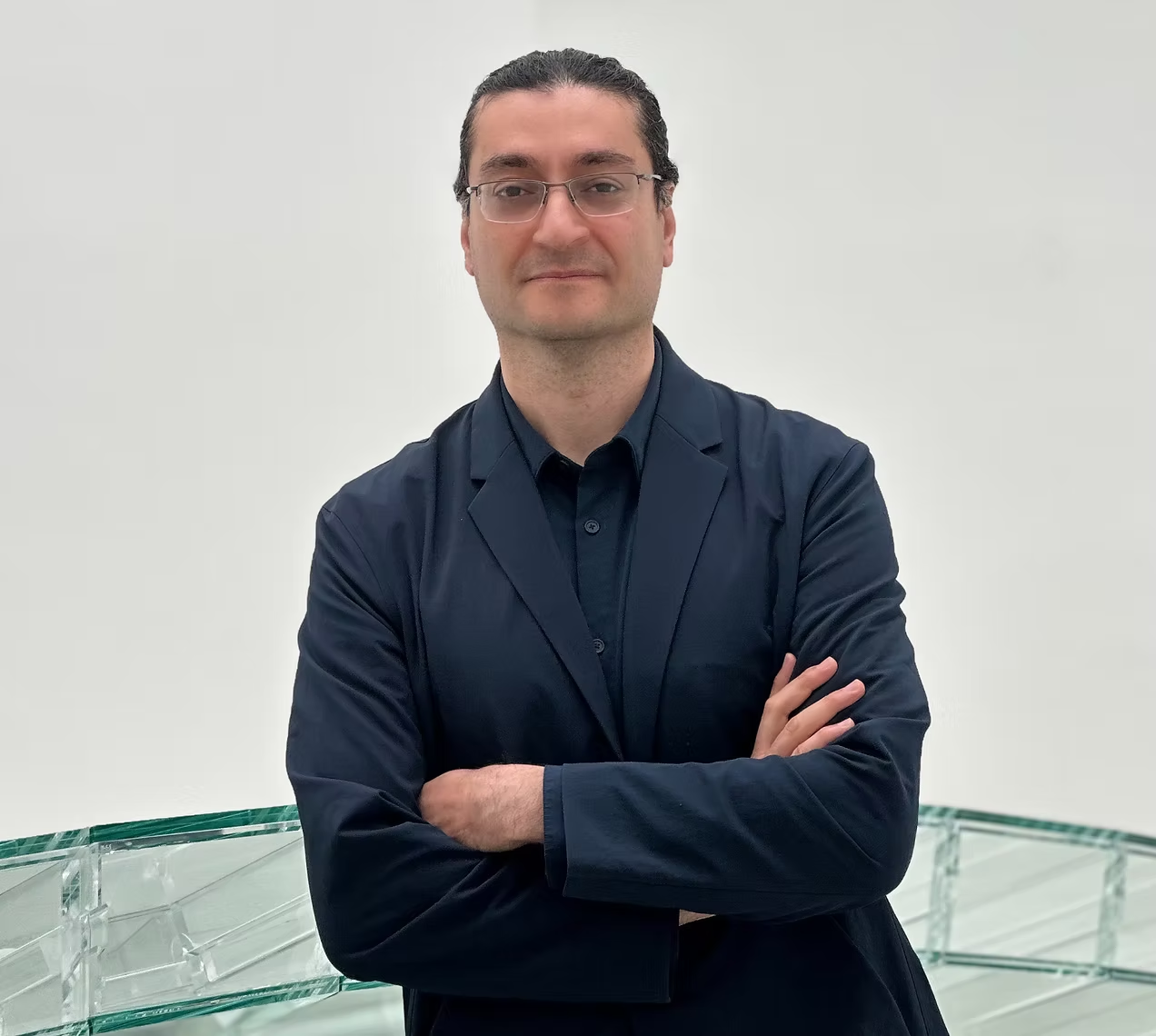
Masoud Akbarzadeh is a designer and researcher specializing in architectural design, computation, and structural engineering. As the founder of Massive Form and a tenured associate professor at the University of Pennsylvania’s Weitzman School of Design, he bridges academic research and real-world applications.
Founded in 2024 and based in Philadelphia, Massive Form operates at the intersection of architecture, engineering, computer science, mathematics, and material science. The name Massive (Multifunctional Architected Structures and Systems Invented for Volatile Environments) reflects its mission to develop cutting-edge solutions across industries.
Under Masoud’s leadership, the firm provides design services for residential, commercial, institutional, and governmental projects, leveraging advanced manufacturing, robotic fabrication, computational design, and machine learning in design. Beyond traditional architecture, Massive Form applies its expertise to high-rise and infrastructure as well as the automotive and aviation industries. For instance, they can optimize vehicle exoskeletons for structural efficiency while reducing weight. In aviation, its designs improve wing performance, increasing its resistance to out-of-plane bending in sharp turns by 21%.
Masoud’s research focuses on minimizing material use without compromising structural integrity, drawing inspiration from nature’s efficiency. His recent design and construction of a structurally sound, hollow glass bridge that spans 30 feet and is built from 16mm glass at the Corning Museum of Glass very well reflects this notion.
Massive Form integrates prefabrication and robotic manufacturing in the early stages of design to achieve lower embodied energy in construction. Its strategies include using 3D-printed concrete to eliminate costly formwork and prefabrication techniques that cut material waste by up to 45% and material use by 40-60%. The firm lowers construction costs while enhancing performance and aesthetics, and generates added value for the projects.
Masoud has received major research grants, including the National Science Foundation CAREER Award for advancing the geometry-based structural design methods of Polyhedral Graphic Statics, a $2.4 million ARPA-E grant from the Department of Energy for carbon-absorbing structures, and a $4.6 million NSF grant for self-morphing building blocks.
Massive Form continues to address critical challenges in architecture, engineering, and construction, focusing on minimizing mass in large-scale structures, designing prefabricated systems for disassembly, and advancing manufacturing techniques. Its long-term vision is to create sustainable, high-performance architectural structures.
Masoud holds a Doctor of Science in architecture from ETH Zurich and two degrees from MIT, including an MS in architecture studies and a MArch, the thesis for which won the SOM Architecture Award in 2012. With a background in earthquake, civil, and environmental engineering, he has earned multiple international awards and published extensively in design, science, and engineering journals. His work has appeared on the covers of Advanced Science and Advanced Functional Materials. He has authored two major books: Polyhedral Graphic Statics (Cambridge University Press) and Architected Structures (DETAIL Publishers, Germany).
